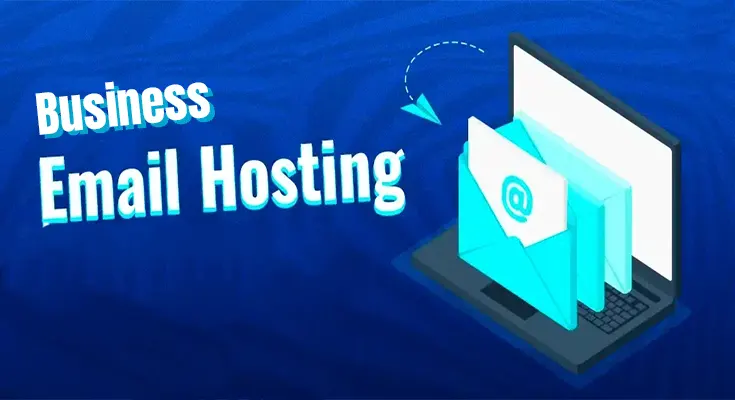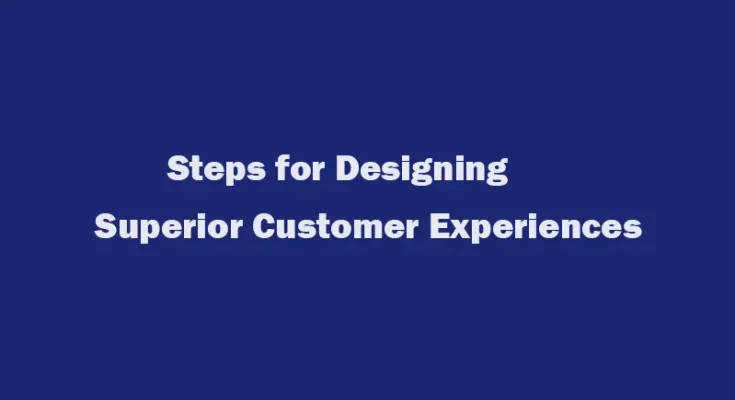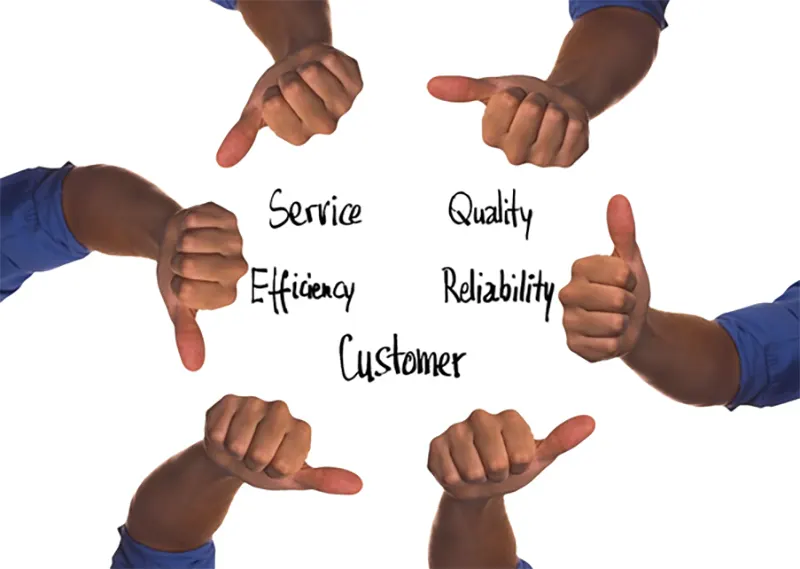
The Importance of Data Localization for Reseller Hosting in 2025
Do you provide web hosting services in India as a hosting reseller? If yes, then you must understand the importance of data localisation. As businesses increasingly rely on digital solutions, the importance of data solutions, security and privacy increases.
The best reseller hosting companies engage in data localisation, not only because it is an industry standard but also because of how many benefits it offers.
Let’s explore the importance of data localisation for your reseller hosting business. Explore data localisation’s meaning, functionality, and why it matters for your business.
Data Localisation Meaning: What is Data Localisation?
Data localisation refers to the practice of storing and processing data within the geographical boundaries of a specific country, in this case, India. Typically, the government enforce data localisation to ensure national data security and protect sensitive data. This also ensures that all citizens’ personal details remain within their jurisdiction.






